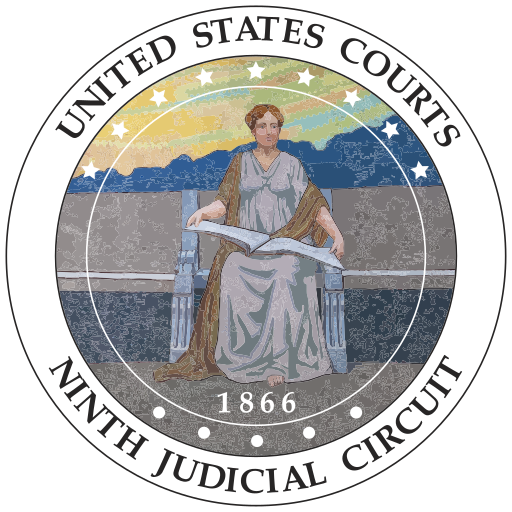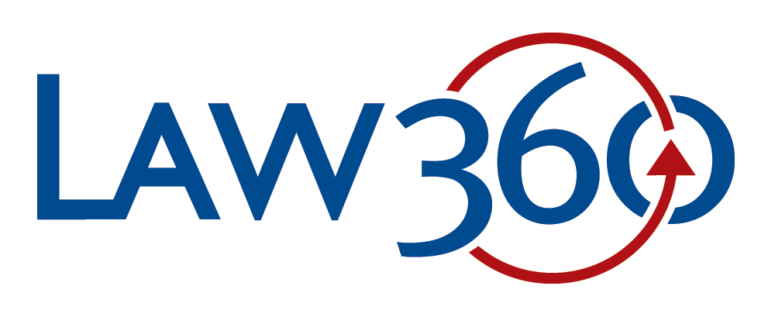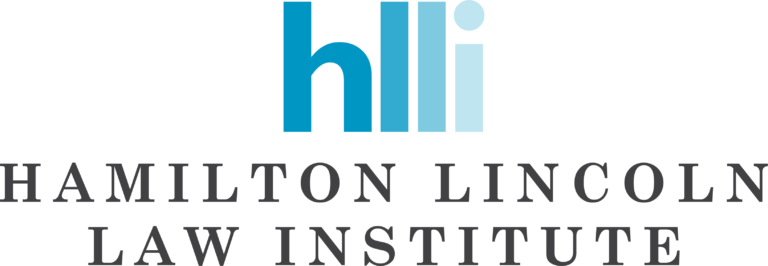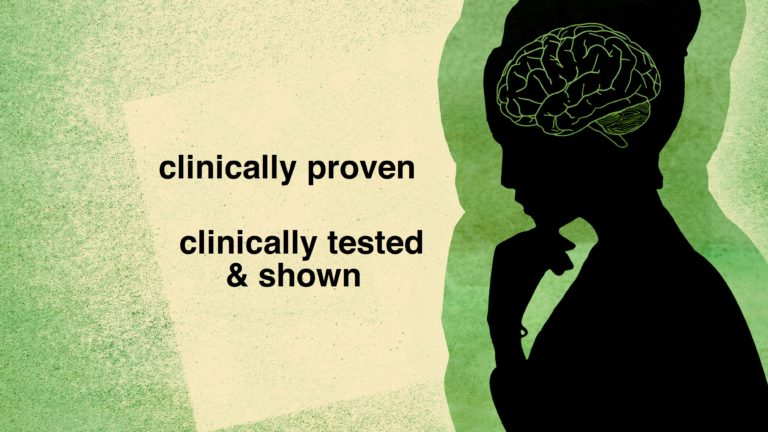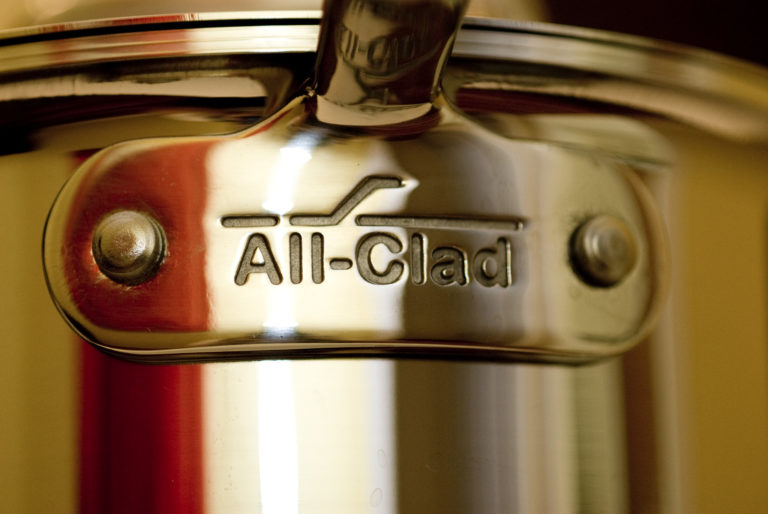Stanikzy v. Progressive Direct Insurance Co.
The Hamilton Lincoln Law Institute’s Center for Class Action Fairness submitted an amicus brief in support of affirming a district court’s fee order because increasing the attorneys’ fee award would not benefit class members—in fact, it would cost them over a half million dollars—and it would create perverse incentives for other attorneys to earmark their fee requests to the detriment of absent class members.

